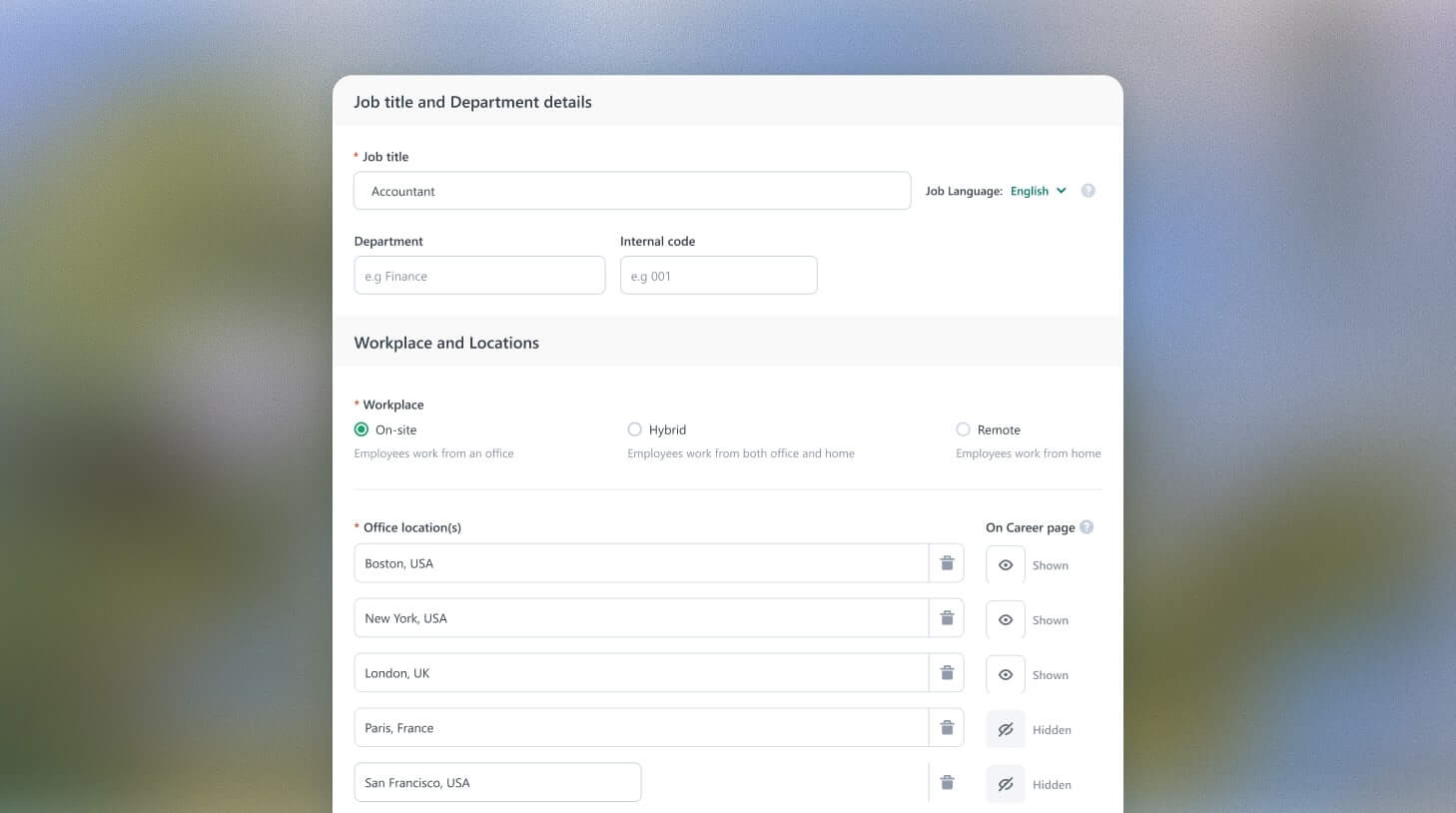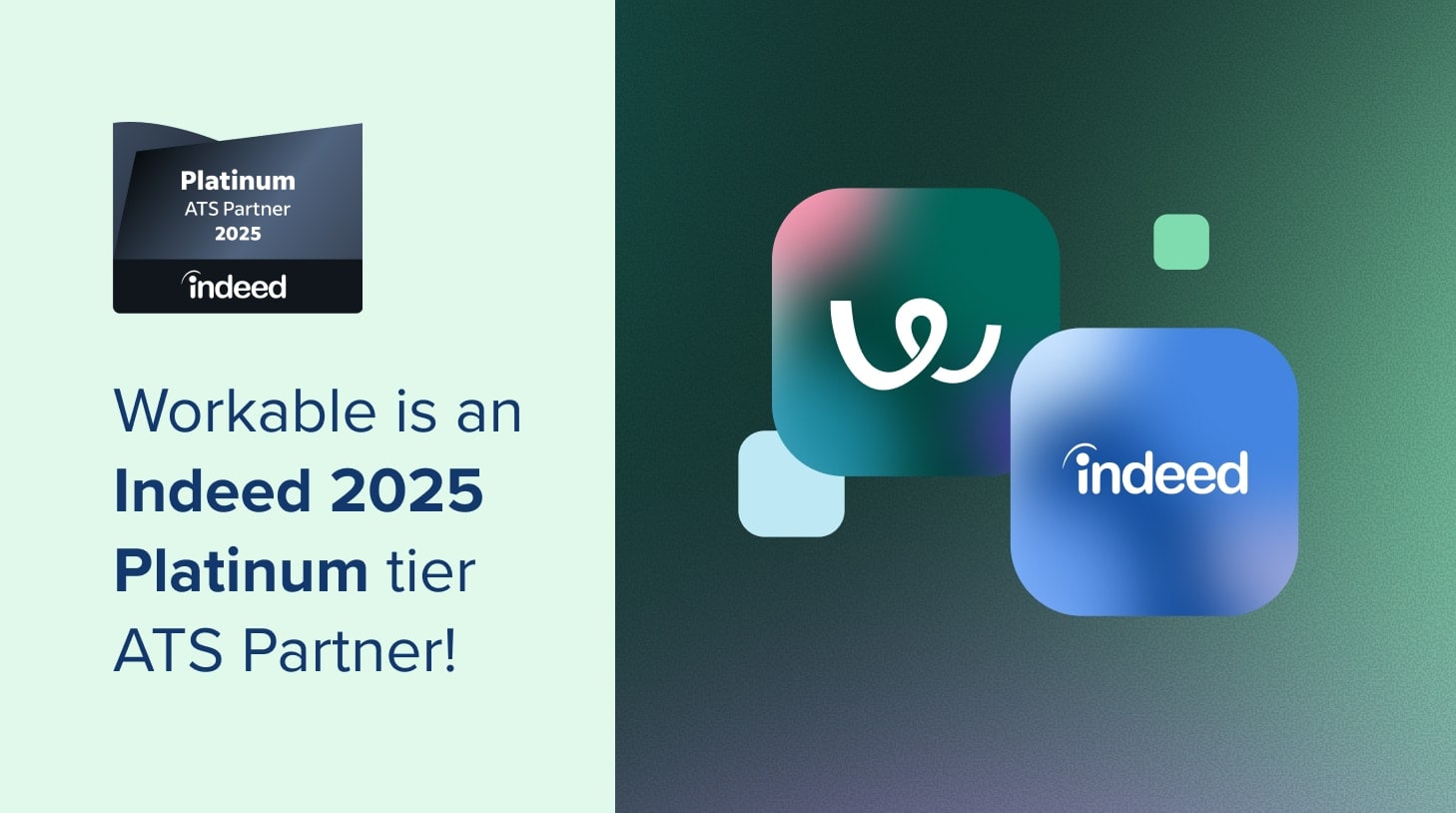AI in HR can transform overload into meaningful impact
94% recognize AI's crucial role for success over the next five years. As AI continues to mature, its potential to assist with HR practices becomes increasingly apparent, providing solutions that streamline operations and elevate the strategic role of HR within organizations. It's high time to turn information overload into impactful outcomes.

The concept of generative AI, particularly its application in HR, marks a significant shift towards the integration of advanced technologies in daily operations.
Recent surveys and reports shed light on a burgeoning trend: a substantial proportion of HR professionals are now harnessing the capabilities of gen AI to enhance various aspects of their work.
This movement is not just about adopting new tools; it represents a deeper evolution in the approach to HR management, where AI’s potential to optimize and innovate is being recognized and actively pursued.
Contents
Gen AI among HR professionals
Statistics reveal a growing acceptance and utilization of gen AI among HR practitioners. For instance, in a comprehensive survey conducted by Grammarly found that 60% of professionals use generative AI for work-related tasks, and 61% of knowledge workers report that their teams are planning to implement gen AI technology within the next 12 months
“HR expects to take a leading role in the evolution of generative AI; 35% of the 133 HR leaders who responded to Gartner’s survey expect to lead their organization’s enterprise-wide AI ethics approach,” noted Helen Poitevin, VP analyst in the Gartner HR practice.
This widespread adoption underscores a pivotal transition, with gen AI becoming an integral component of the HR toolkit.
The implications of this shift are profound. With gen AI, HR departments can automate routine tasks, such as sorting through resumes and scheduling interviews, thereby freeing up valuable time to focus on more strategic initiatives like workforce planning and employee development. Furthermore, gen AI’s ability to analyze vast amounts of data can help HR professionals identify trends and insights, enabling more informed decision-making and a proactive approach to addressing workforce challenges.
Related: AI has a positive impact on job creation, and we have proof of it
Enhancing Communication with AI
One of the most significant impacts of gen AI in HR is its ability to transform communication. Effective communication is the backbone of HR, crucial for everything from recruiting and onboarding to employee engagement and retention.
Gen AI tools have changed this domain by making communication more efficient, targeted, and impactful.
AI-driven communication platforms can automate and personalize a wide range of HR communications, from initial recruitment messages to regular employee updates.
This not only ensures consistency and accuracy but also allows for a level of personalization that was previously unattainable at scale.
For example, AI can tailor communication based on the recipient’s role, location, or even personal preferences, enhancing the relevance and effectiveness of the message.
The benefits of improved communication are tangible. The same study by Grammarly and The Harris Poll titled “State of Business Communication” highlights that employees who use generative AI tools for writing tasks experience a 52% increase in efficiency, a 50% boost in productivity, and a 38% reduction in costs.
By automating the creation and distribution of communication materials, AI enables HR professionals to dedicate more time to strategic engagement and personalized interactions, fostering a more connected and motivated workforce.
Related: Top AI in hiring statistics
Improving work quality through AI
The influence of gen AI extends beyond communication, significantly elevating the quality of work across HR functions. From the automated generation of job descriptions to the sophisticated analysis of employee feedback, AI is enabling HR professionals to perform their roles with greater accuracy and consistency.
Tools like AI-powered analytics platforms are transforming decision-making processes by providing insights into employee performance, engagement levels, and retention rates, thereby allowing HR teams to devise more effective strategies.
One of the most compelling applications of AI in HR is in performance management. AI systems are now capable of analyzing performance data in real-time, offering personalized feedback to employees, and identifying development opportunities that are aligned with individual skills and business goals.
This not only streamlines the performance review process but also contributes to a more dynamic and supportive work environment.
Furthermore, AI’s capacity to predict employee turnover and identify factors contributing to dissatisfaction or disengagement is helping organizations to proactively address potential issues, thereby improving retention rates and overall workplace morale.
Boosting productivity in HR with AI
Generative AI is not just transforming how HR tasks are executed; it’s redefining the very notion of productivity within the HR domain. By automating routine and time-consuming tasks, AI enables HR professionals to focus on more strategic and impactful activities.
For instance, AI-powered tools are being used for resume screening, candidate matching, and even preliminary interviews, significantly reducing the time HR teams spend on these processes.
The implications of this shift are profound: a study by Deloitte indicates that organizations utilizing AI for such tasks can see a productivity increase of up to 35%.
Moreover, AI’s role in reducing miscommunications and errors—common issues in manual HR processes—cannot be overstated.
By ensuring that communications are clear and processes are accurately followed, AI tools minimize the risk of costly mistakes and misunderstandings. This level of precision and efficiency translates into not just time savings but also enhanced employee satisfaction and engagement.
AI education and training in HR
The potential of AI in HR can only be fully realized through a comprehensive understanding and adept use of these technologies.
Hence, the emphasis on AI education and training within HR is critical. Organizations leading in AI adoption are implementing specialized training programs designed to enhance AI literacy among HR professionals.
These programs focus on the practical applications of AI tools in HR tasks, ethical considerations, and data privacy, ensuring that HR teams are equipped to leverage AI responsibly and effectively.
Additionally, fostering a culture of continuous learning and adaptability is essential for staying abreast of rapid technological advancements.
HR departments that prioritize ongoing education on AI and its evolving capabilities are better positioned to innovate and maintain a competitive edge in talent management and organizational development.
Strategic investment in HR technology
To capitalize on AI’s potential, strategic investments in HR technology are essential. This means not only adopting AI tools but also ensuring that these tools are integrated seamlessly into existing HR systems and processes.
Successful organizations are those that select AI solutions that complement their HR strategies, enhance employee experiences, and drive operational efficiencies.
Investing in AI technology also involves a commitment to data security and privacy, considering the sensitive nature of HR data. Therefore, selecting AI partners and platforms that prioritize ethical AI use and data protection is paramount for HR leaders aiming to build trust and ensure compliance.
The integration of AI into HR practices offers an unprecedented opportunity to transform traditional tasks into strategic, impact-driven operations.
By enhancing communication, improving work quality, boosting productivity, and fostering a culture of continuous learning and innovation, AI is setting a new standard for HR excellence. Do you feel part of it?
Frequently asked questions
- How is AI changing HR practices?
- AI integration in HR is significantly transforming traditional practices by automating routine tasks like resume screening, providing data-driven insights for better decision-making, and personalizing employee communications, leading to higher efficiency and strategic focus in HR operations.
- What are the benefits of using AI in HR?
- Adopting AI in HR leads to a 52% increase in efficiency, a 50% boost in productivity, and a 38% reduction in costs. It also improves communication accuracy, employee engagement, and the overall quality of HR tasks through data analysis and personalized feedback.
- Are HR professionals ready for AI integration?
- Yes, a substantial 60% of HR professionals are already using generative AI for work-related tasks, and 61% plan to implement AI technologies within the next year, indicating a strong trend towards embracing AI for enhancing HR functions.
- What role does AI play in HR communication?
- AI revolutionizes HR communication by automating and personalizing interactions, from recruitment to employee updates. This not only ensures consistency but also allows for personalization at scale, significantly enhancing the relevance and impact of HR communications.
- Can AI in HR lead to better job satisfaction and retention?
- Absolutely. AI's predictive analytics help in identifying dissatisfaction factors, enabling proactive measures to enhance job satisfaction. It streamlines performance management, offering personalized development feedback, thus improving retention rates and workplace morale.




